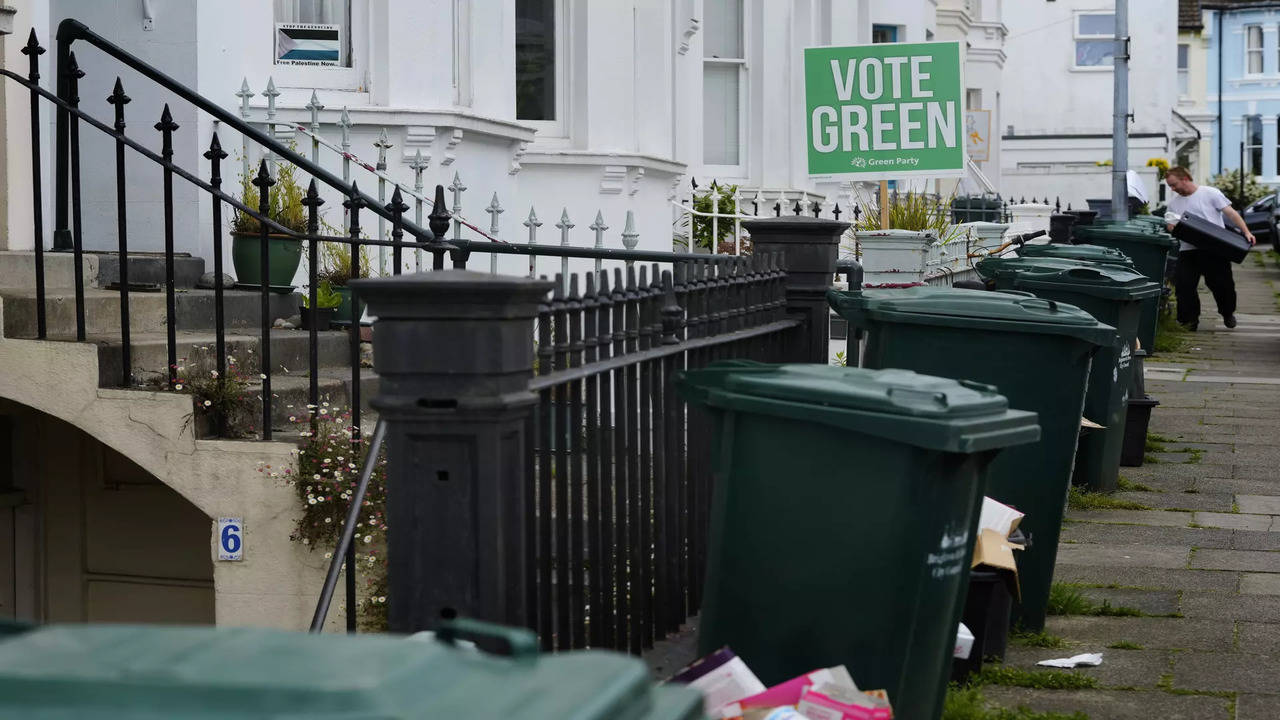Loss of Green Party in European Parliament elections may be bad news for EU countries’ new climate ambition at a time when Russia-Ukraine war has already dragged it down, although it is not expected to make a major dent in long-term goals. The impact of the setback to the Greens may be felt when the EU’s 27 members assemble to take a call on a new global climate finance goal as a part of a larger group of developed countries at the 29th session of the UN climate summit (CO) in Baku, Azerbaijan in Nov.
Even if a tectonic shift in overall plan does not take place, the pressure is already being felt during the ongoing negotiations at the UN conference in Bonn where the countries are trying to arrive at broad contours of new global climate finance before it takes final shape in Baku. Climate finance is meant for helping developing countries mitigate and adapt to climate change.
Over the last few years, the EU has cleared a package to curb emissions and taken a series of measures – seen as trade barriers by several developing nations, including India – which may be tough to undo, but their implementation may be weaker if the support for the Greens remain feeble.
It is unlikely that the results will spell an end to “climate-progressive” Europe. Experts insisted that EU’s commitments on climate diplomacy may not be diluted. “The EU both can – and has to – continue to act as a positive force in climate diplomacy globally. With much work remaining, Europe shall remain serious about fulfilling its climate commitments,” said Dan Jorgensen, minister for global climate policy, Denmark. Interestingly, the Greens have either held or gained seats in Denmark, Sweden and the Netherlands despite a poor performance overall. They had major setbacks in France and Germany – the two major EU economies that have been quite proactive on climate actions.
Even if a tectonic shift in overall plan does not take place, the pressure is already being felt during the ongoing negotiations at the UN conference in Bonn where the countries are trying to arrive at broad contours of new global climate finance before it takes final shape in Baku. Climate finance is meant for helping developing countries mitigate and adapt to climate change.
Over the last few years, the EU has cleared a package to curb emissions and taken a series of measures – seen as trade barriers by several developing nations, including India – which may be tough to undo, but their implementation may be weaker if the support for the Greens remain feeble.
It is unlikely that the results will spell an end to “climate-progressive” Europe. Experts insisted that EU’s commitments on climate diplomacy may not be diluted. “The EU both can – and has to – continue to act as a positive force in climate diplomacy globally. With much work remaining, Europe shall remain serious about fulfilling its climate commitments,” said Dan Jorgensen, minister for global climate policy, Denmark. Interestingly, the Greens have either held or gained seats in Denmark, Sweden and the Netherlands despite a poor performance overall. They had major setbacks in France and Germany – the two major EU economies that have been quite proactive on climate actions.
end of article

